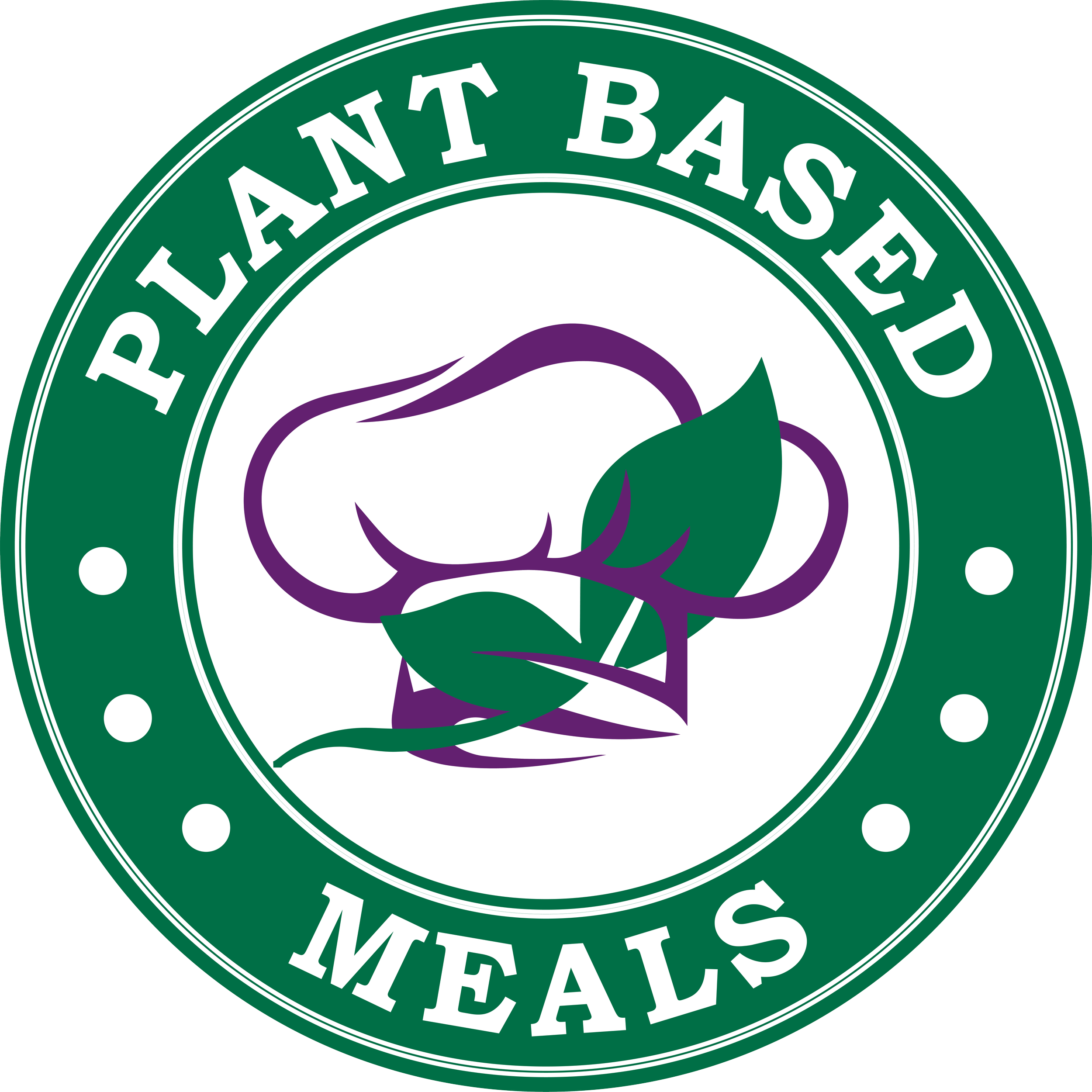Vegan vs. Vegetarian - What's the Difference?
Vegan and vegetarian diets are some of the most widely conflated diets today. If you are reading this, you likely find the two synonymous with each other.
Indeed, the two diets have their similarities. Vegan and vegetarian diets are both healthy for the most part. As well, they also require you to consume plant-based meals and food products.
However, going into what can and cannot be consumed on either one, you will find the differences are significant. The main difference is that vegetarian diets restrict the consumption of meat, while vegan diets don’t allow any animal products at all.
Read on to learn more about these diets and how they differ from one another!
What Makes a Diet Vegetarian?
A vegetarian is someone with a largely plant-based diet. In other words, a vegetarian diet prohibits the consumption of meat or meat products.
According to the Vegetarian Society, any product that comes from an animal is a meat product. More specifically, the meat product needs to be the result of raising and butchering an animal.
This point is important since it allows for the variants of vegetarianism that allow products that are still animal-based. Animal-based products that are not the result of butchering animals include eggs and dairy.
For this reason, these food products can still be present in a less restrictive form of vegetarianism. The less restrictive versions of a vegetarian diet are:
Lacto-vegetarianism: Plants and milk products can be consumed under this form of vegetarianism.
Ovo-vegetarianism: Eggs can be part of an Ovo-vegetarian diet.
Lacto-ovo-vegetarianism: Milk, dairy, and eggs are allowed.
What Does It Mean for a Diet To Be Vegan?
You can think of a vegan diet as a more restrictive form of vegetarianism. Based on the definition provided by Medical News Today, a vegan diet is strictly plant-based with no room for any animal products. This means that on a vegan diet, you cannot consume dairy, eggs, meat, and even seafood.
What also makes a vegan diet different from a vegetarian diet is the ethical imperative upon which it is based. A vegan diet extends to other aspects of a person’s life. More specifically, a vegan or a person following a vegan diet is likely to avoid purchasing products made from animals and their fur.
For example, vegans will not just consume plant-based meals but also avoid buying clothing made from:
Animal skin
Fur
Feathers
Ivory
Wool
Final Word: Knowing the Difference Is Key To Going Plant-Based
When going plant-based, the difference matters. After all, you are making the shift to plant-based meals with the express purpose of consuming fewer animal products.
Whether your reasons are health-related or ethical, plant-based meals are an excellent option. However, preparing them can be challenging and require some expertise.
At Plant-Based Meals, we have a menu of chef-prepared plant-based meals that are not just healthy but also mouth-watering. We offer meal prep and delivery service in and around the San Diego area.
Go plant-based without the hassle. Call us at Plant-Based Meals!
Cited sources:
https://www.medicalnewstoday.com/articles/325478#veganism

